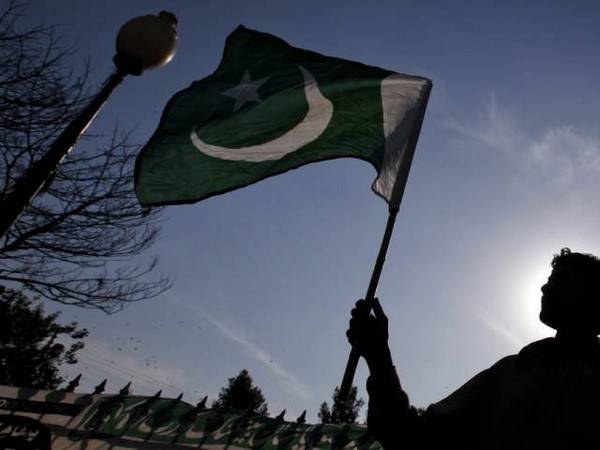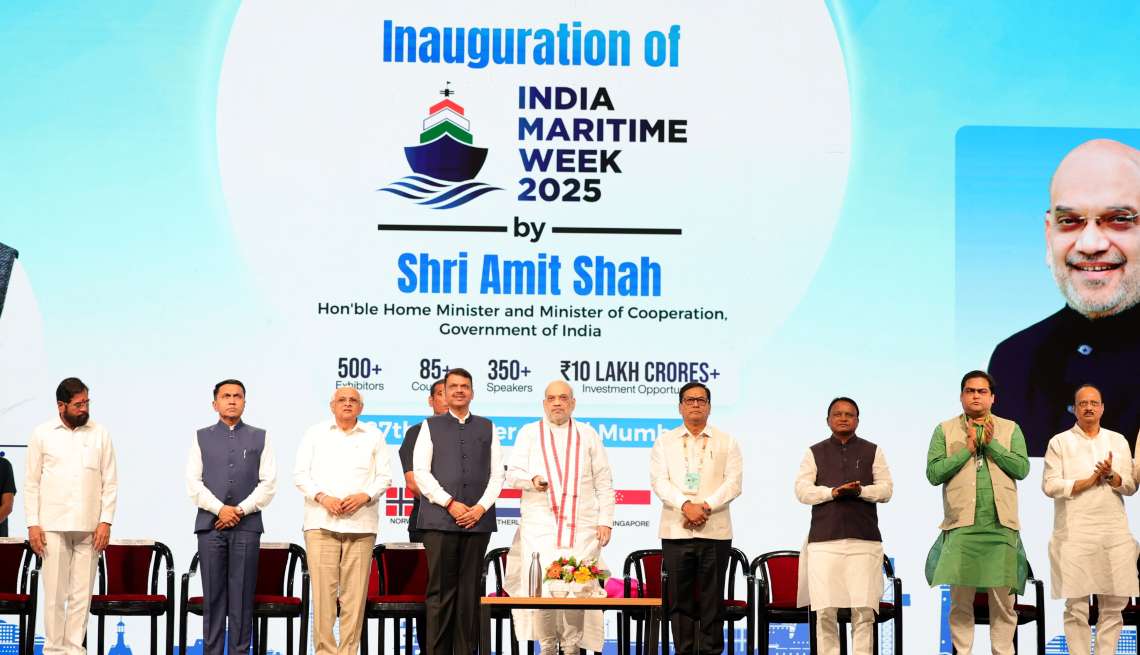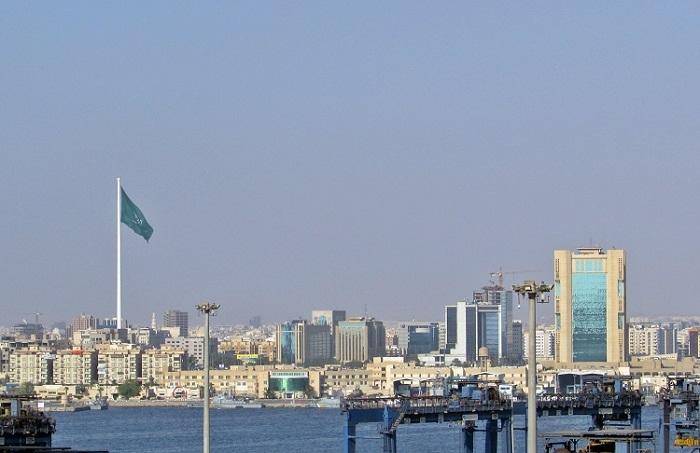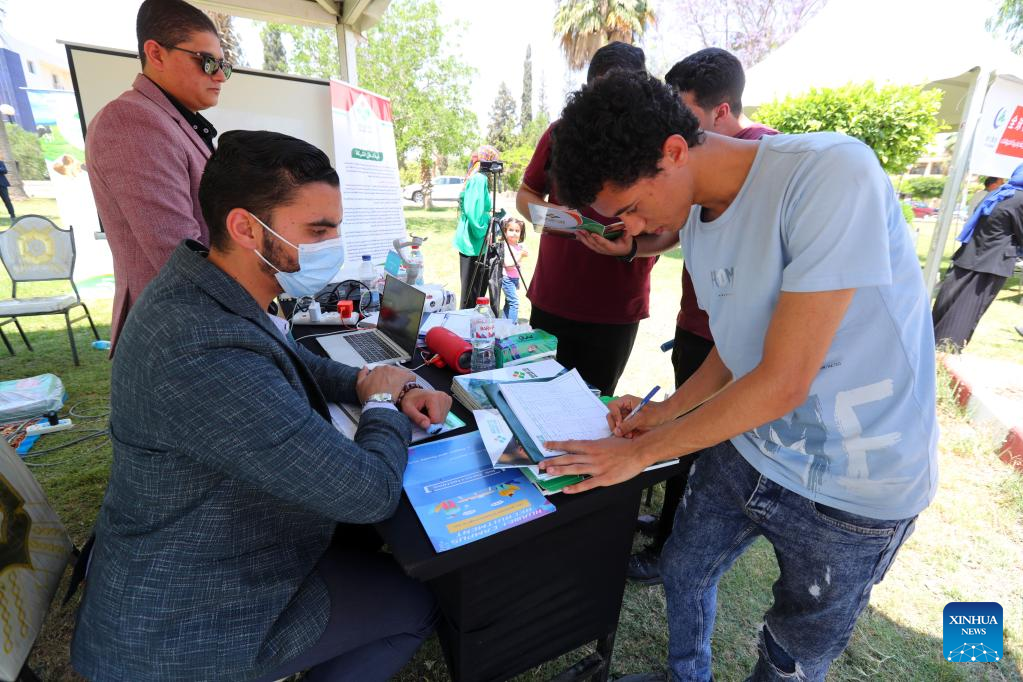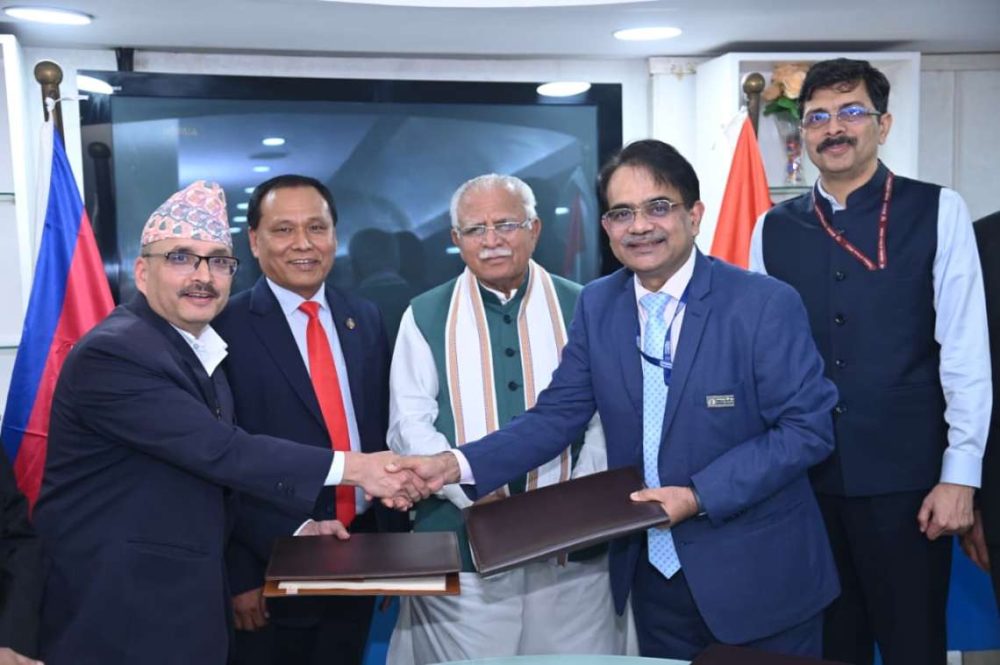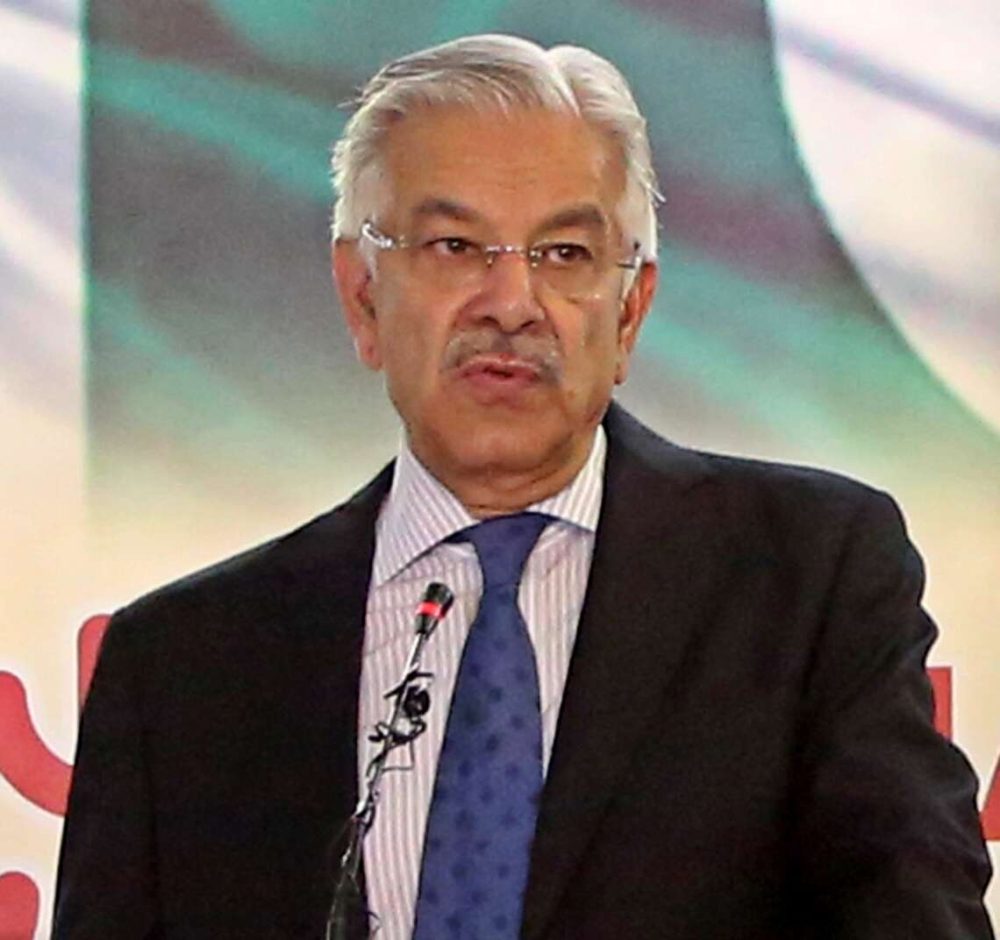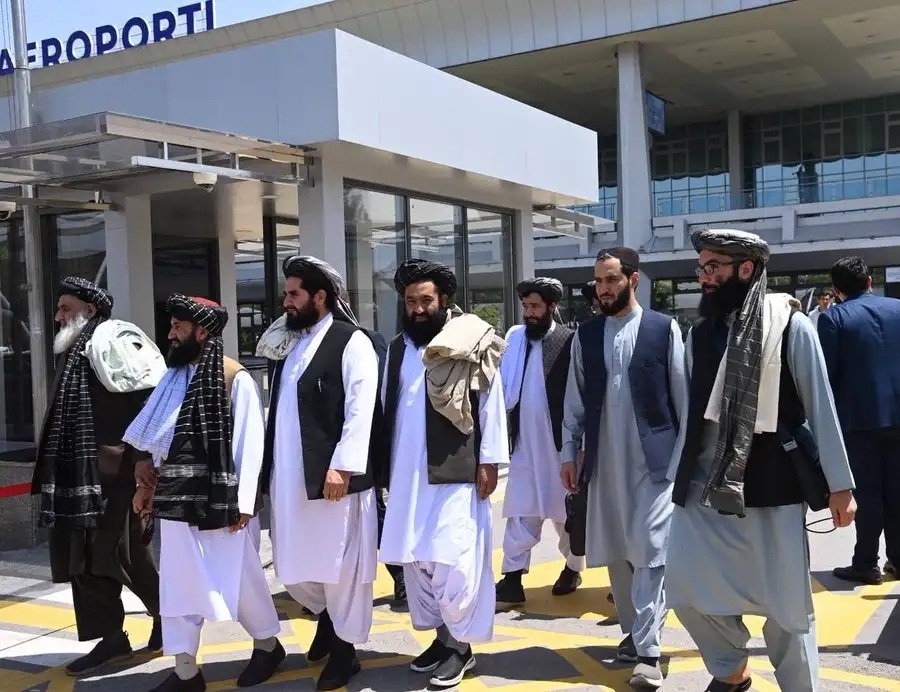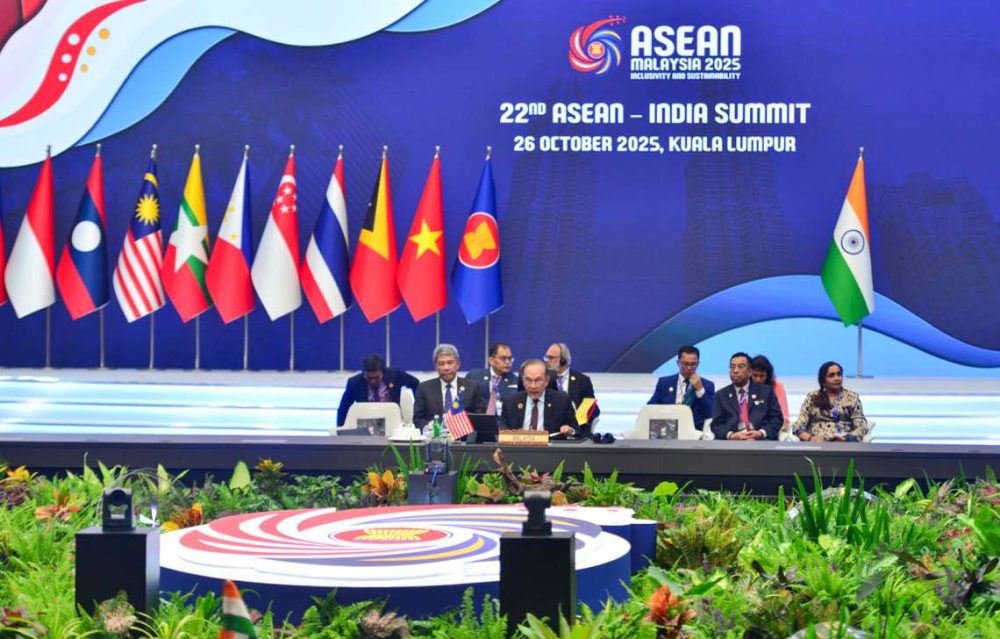A study by two US-based Pakistani scholars points to the dismal social and economic indicators of a people whose brethren across the border in India are given much political and moral support by successive Pakistani governments, a ‘support’ that actually translates into cross-border militancy and violence. The study, “Understanding Economic Crisis In Azad Jammu & Kashmir: Class, Gender And Development” is the story of economic subjugation of a people where, women in particular, are grossly neglected on two key counts: “gender equity, economic fairness” …. A special report by Dr Sakariya Kareem
Pakistan has waged a relentless global campaign on its Kashmir ‘dispute’ with India. But it has neglected and held down the area that it controls under the grandiose name, “Azad Jammu and Kashmir,” a new study shows.
While the European Union has said (April 7, 2022) that it is monitoring human rights violations in Pakistan-occupied Kashmir, Gilgit Baltistan, a lesser-known aspect is its economic marginalization.
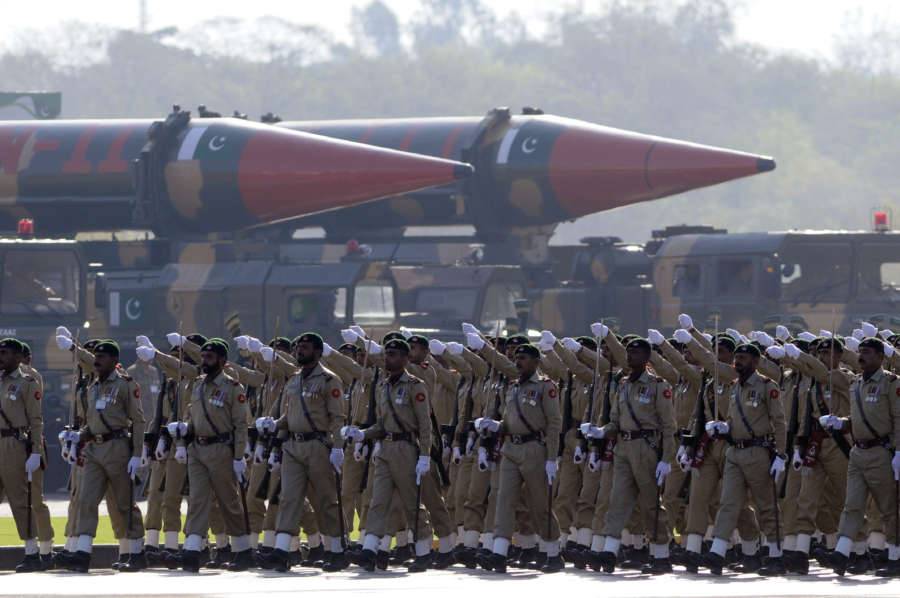
The study by two US-based Pakistani scholars points to the dismal social and economic indicators of a people whose brethren across the border in India are given much political and moral support by successive Pakistani governments, a ‘support’ that actually translates into cross-border militancy and violence.
The study, “Understanding Economic Crisis In Azad Jammu & Kashmir: Class, Gender And Development” is the story of the economic subjugation of a people where, women, in particular, are grossly neglected on two key counts: “gender equity, economic fairness.”
It reveals that less than a quarter of the people are employed. Women, in particular, remained unemployed and only 7.9 per cent of the work, presumably as lowly-paid farm labour. These indicators are poor even by the Pakistani standards.
Lack of jobs is driving the older men abroad or to other parts of Pakistan, while the younger ones remain unemployed. Relate this with ample evidence available at the United Nations and among the security analysts: they are easy fodder for recruitment in militancy that is exported to India, Afghanistan and elsewhere.
In their study (The Friday Times, May 9, 2022), Dr. Danish Khan and Aiza Ashraf observe that “despite the centrality of the dispute of Jammu & Kashmir in the political, economic and diplomatic discourse of the mainland Pakistan – socio-economic development of Azad Jammu & Kashmir (AJK) remains a footnote in the larger scheme of things in Pakistan. Substantive discussion on economic development is conspicuous due to its absence in AJK.”
Mark the expression “mainland Pakistan”. The authors underscore with this the separateness and alienation of the territory they are discussing, with studied empathy for its people.
Danish Khan is Assistant Professor of Economics and Co-Director of ‘The Inequality, Poverty, Power & Social Justice Initiative’ at Franklin & Marshall College, USA. Aiza Ashraf is ‘Director of Equity’ in a Non-Profit Organization in the USA. She works on issues related to the socioeconomic mobility of historically marginalized groups.
The opaqueness in the governance of that territory, they conclude that “evidence-based economic policymaking remains elusive.”
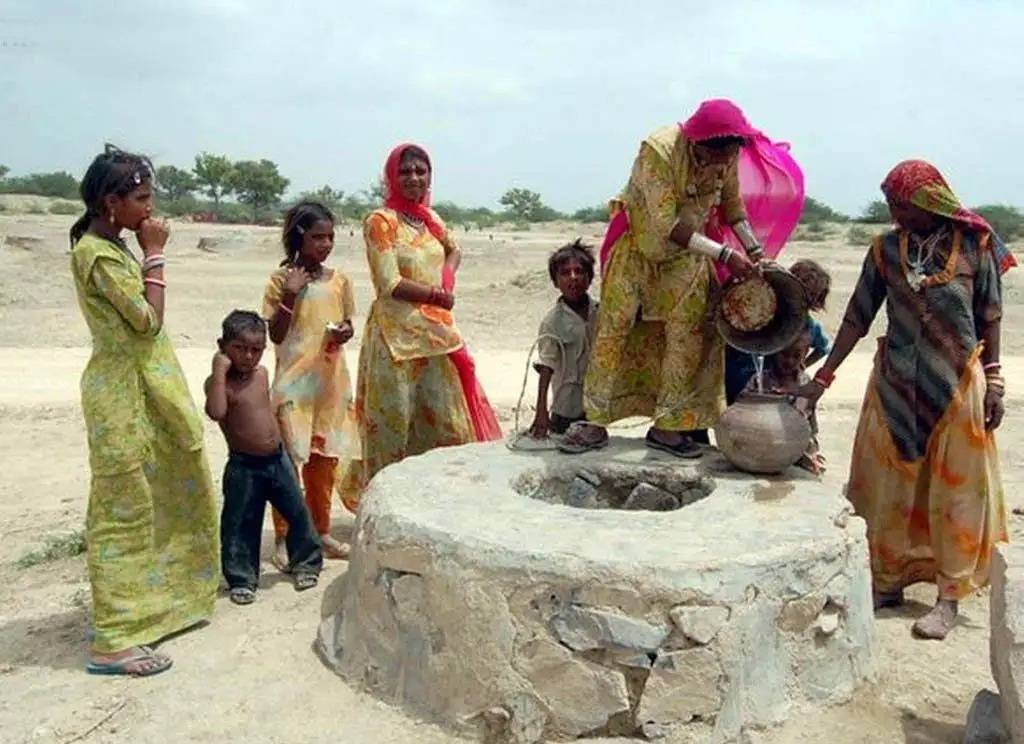
They have sought to contextualize “the socio-economic processes in AJK against the backdrop of broader structural forces.”, taking stock of the public sector spending during the period 1997 to 2018 “to critically assess its impact on the socio-economic development of AJK and to identify sectors which tend to be consistently neglected.”
They emphasise that “access to decent employment opportunities is one of the core indicators of gauging the health of an economy. Top of their priority is the region’s labour force participation rate—it shows how much of the country’s working-age population is employed or looking for employment—is only 22.9% per cent which is almost half of Pakistan’s national average.
“It is important to point out that the female labour force participation rate of Pakistan is one of the lowest in South Asia. But the situation in AJK is extremely gloomy as the female labour force participation rate is only 7.9 per cent as compared to Pakistan’s average of 23 per cent.
“Huge gender disparity in terms of labour force participation rate reflects underlying gender hierarchies and gender-based discrimination in AJK.
“Similarly, the unemployment rate has been consistently high in AJK. According to official estimates, the unemployment rate stands at 11 per cent which is twice Pakistan’s national average.
“Official unemployment rate does not tell us the full gravity of the situation in AJK, in particular the issue of underemployment. Moreover, despite the low female labour force participation rate, the female unemployment rate is 23 per cent. Similarly, the youth (15-29 years old) unemployment rate is 27 per cent.
Therefore, the overall unemployment rate does not tell us the systemic inequities within the AJK’s labour market across the lines of gender and age.
The agriculture (including forest and fishery) sector has the highest share of total employment, followed by the construction, wholesale & retail trade, manufacturing and transportation sectors.
They point out that the average share of agriculture in the total budget of AJK has been hovering around one per cent since 1997. Moreover, the absence of affordable institutional credit to small and medium-size farmers has severely restricted new investments in the agriculture sector of AJK. Inadequate modern storage facilities have been a major bottleneck to develop an effective network of the supply chain in AJK. Private sector investments are limited in AJK’s productive infrastructure, and therefore, the public sector has to take a lead. “But unfortunately, there has been a steady decline in the share of rural development budget from 1997 to 2018, as it is merely a 2.6 per cent of the total budget.
One of the biggest potentials of the AJK is its tourism sector. It can generate new jobs and economic activity in the region. But the tourism sector on average has received only 0.27 per cent of the total budget in the past twenty years, and this explains why tourism in AJK is ‘under-developed.’
“Underinvestment in agriculture, rural development and tourism have collectively created a crisis of unemployment in AJK. While, middle and old age men have been moving overseas to find employment, whereas, women and young people of AJK are stuck at home without decent employment opportunities.
The authors warn that “this ‘reserve army of young unemployed people’ is likely to grow at a higher rate in coming years.
“Therefore, it is imperative on policymakers to move away from the business[1]as-usual approach, and prioritize policies that can create new employment opportunities in AJK, especially for women and young people,” the authors recommend.


